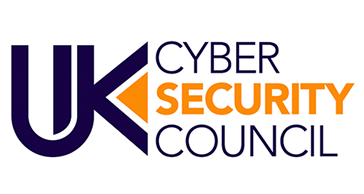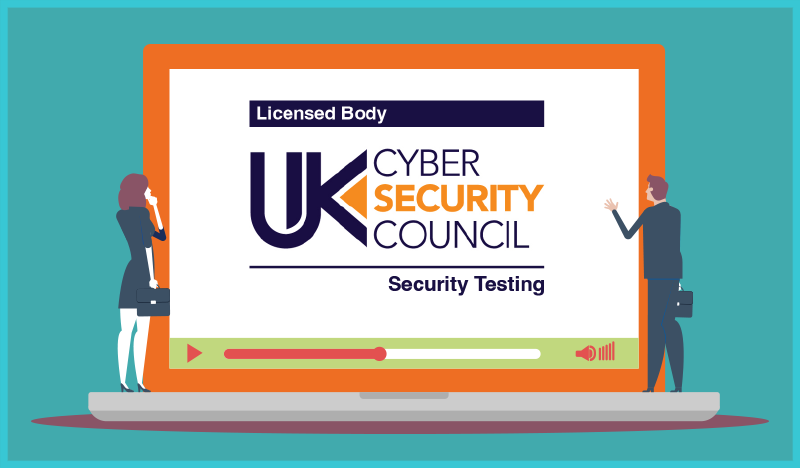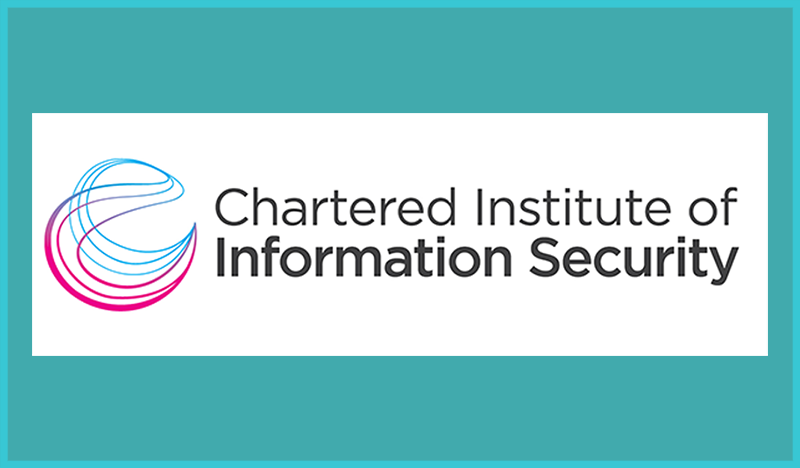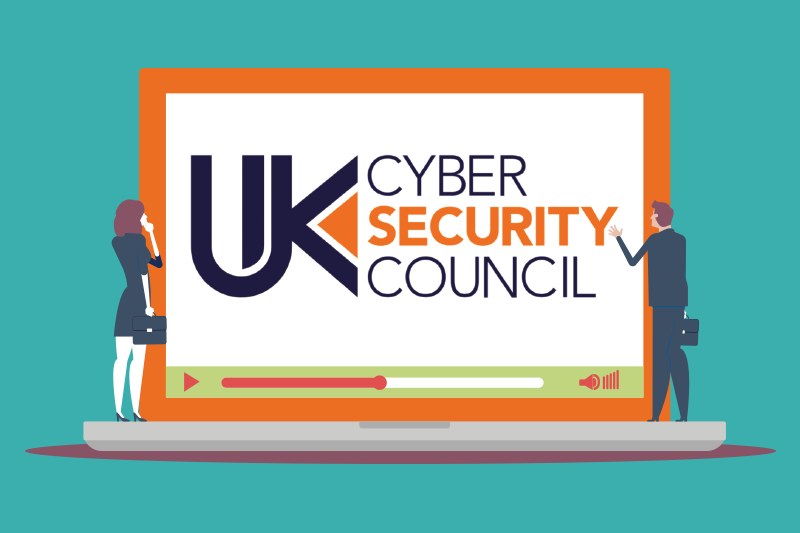
Professional Registration
The Cyber Scheme is now a Licensed Body for The UK Cyber Security Council.
We are now able to assess and recommend the registration of individuals for both Chartered and Principal levels for the Security Testing specialism. We are also currently developing the Incident Response specialism with the Council.

Our information supports and is informed by the UK Cyber Security Council. Developments are ongoing and some content on this website may be subject to change as a result. Please get in touch if you have any questions.
Please click here to be taken to The Council’s website.
The Cyber Scheme have been instrumental in developing Chartership pathways for cyber security professionals with the UK Cyber Security Council.
A group of specialisms has been established under which professional registration can be awarded. Each specialism undergoes a thorough contextualisation process and pilot phase before being launched for the profession.
The Cyber Scheme worked closely with the UK Cyber Security Council on the creation of the professional registration titles for the Security Testing specialism, including running a pilot which concluded in October 2023. Applications are now open for this specialism, and we are also developing the Incident Response specialism as shown below.
Please read on for further information on the specialisms we are involved in, as well as links to the specialisms offered by our strategic partner The Chartered Institute of Information Security (CIISec).

Security Testing
We are able to assess and recommend the registration of individuals for Chartership for the Security Testing specialism, at Chartered and Principal levels.
We have developed learning resources, an application pack, and guidance for security testing professionals; please click below to learn more and begin your application.

Incident Response
The Cyber Scheme are currently developing the Incident Response specialism including sourcing and training Incident Response specialists as assessors.
We will soon be able to assess and recommend individuals for this specialism. If you are interested in learning more please contact us using the button below.

CIISec Specialisms
CIISec are able to assess and recommend the registration of individuals at Chartered, Principal and Associate levels for:
- Secure System Architecture and Design
- Cyber Security Governance and Risk Management
- Cyber Security Audit and Assurance
The route to Professional Registration.
The UK Cyber Security Council has established the route to a Professional Registration Title – culminating in Chartered Status – as set out in their Royal Charter. There are three professional registration titles aligned to the Council’s professional standard. These are:
Associate – An Associate title is awarded to a cyber professional who understands the fundamentals of cyber security and can evidence applying these fundamentals in their career to date.
Principal – A Principal title is awarded to an established cyber professional who plays an active part in the profession and can demonstrate practical contributions to cyber engagements whilst not necessarily leading them.
Chartered – A Chartered title is awarded to an established Cyber professional who can evidence leadership in cyber engagements whilst playing an active role in the wider profession and has knowledge of related specialisms.
Please see below further information around why Chartership is being introduced, professional registration, the application process and candidate guidance.

Chartership: How did we get here?
Royal Charters, granted by the Sovereign on the advice of the Privy Council, have a history dating back to the 13th century. Why are they so relevant today?

Professional Standards & Chartership
The Council has been created to provide increased confidence in the professional standing of individuals offering Cyber Security consultancy.
"The Cyber Scheme has worked with the National Technical Authority (CESG/NCSC) for Information and Cyber Security for several years. The business case for establishing an independent body to oversee the Cyber Security profession is welcome recognition of the scale of the challenge at a national level across all sectors and roles within the economy and society more widely. "
Andrew Jones, Strategy Director, The Cyber Scheme





